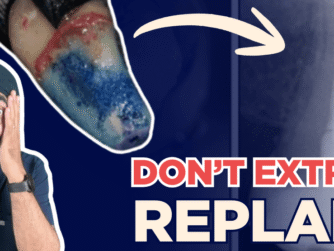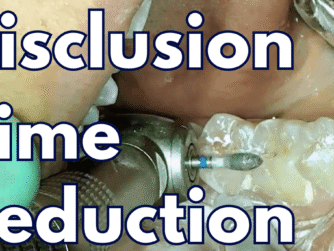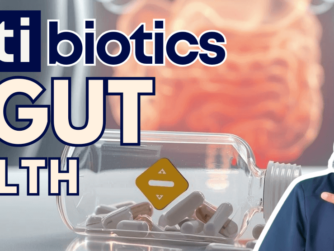Podcast: Play in new window | Download (Duration: 48:08 — 68.6MB)
Subscribe: RSS
I hope you enjoy my discussions with Dr Neel Jaiswal who founded the British Academy of Microscope Dentistry.
This episode’s Protrusive Dental Pearls:
- Use Fiverr.com for purchasing logos, soundbites, artwork and creative services
- How to minimise occlusal adjustment of composite restorations and avoid ruining your beautiful anatomy!
In this podcast we discuss:
- Which Loupes to buy for Students
- Benefits of Loupes vs Microscopes
- Features to look for in a Microscope purchase
- Communication gems and adding value to your Scope
- Photography and ergonomics with Scopes
If you liked the sound of Mahul Patel’s PrepEvo course, find out more about how to make your preps awesome.







